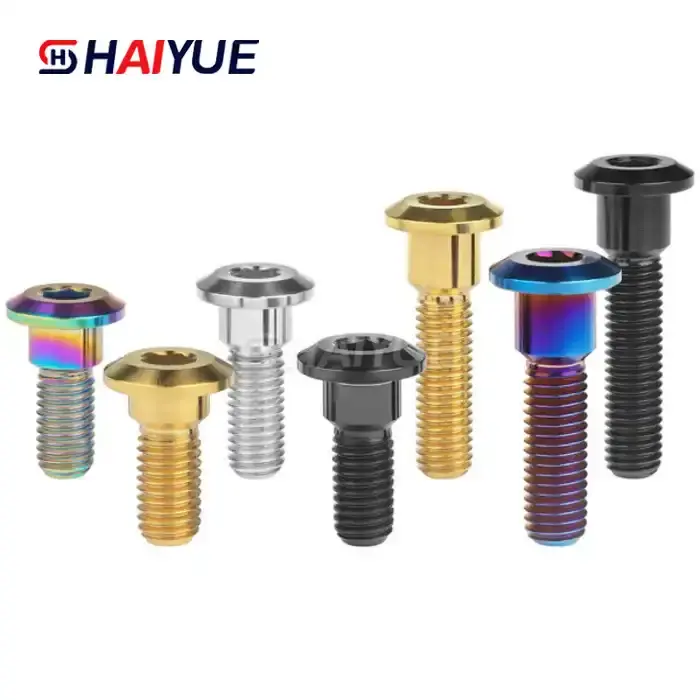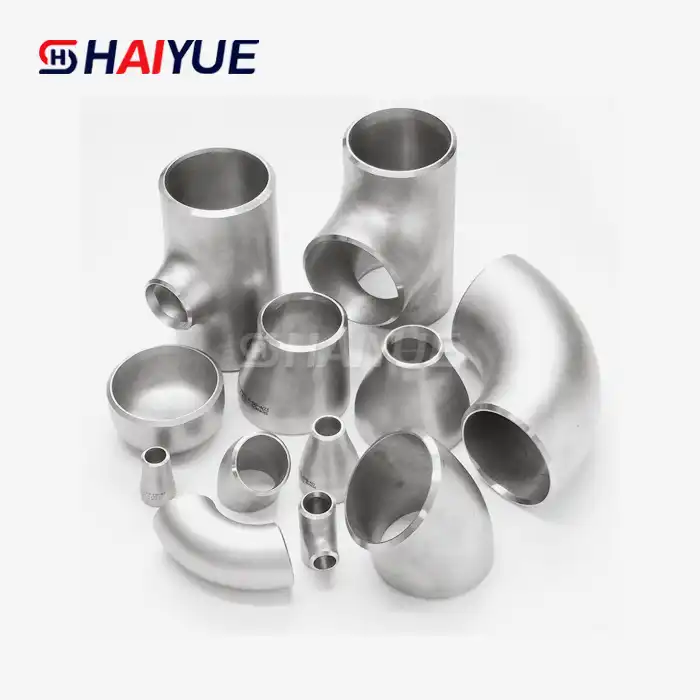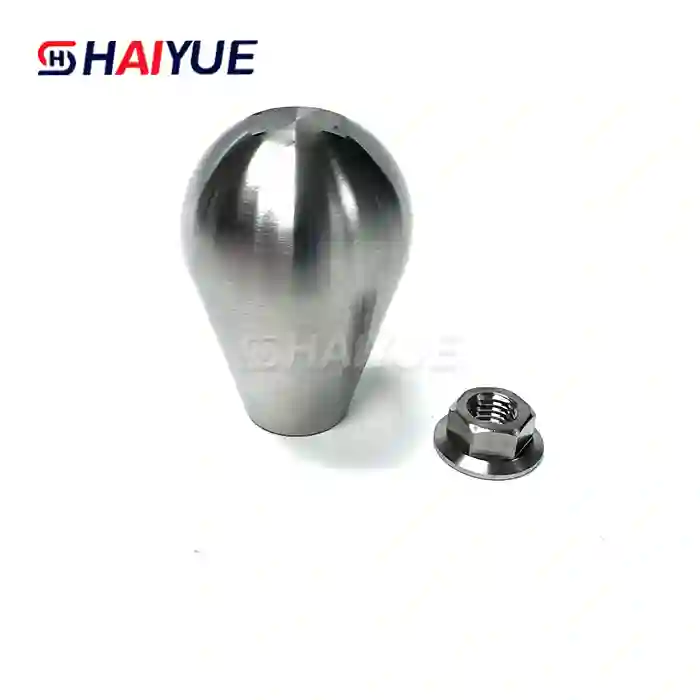- English
- French
- German
- Portuguese
- Spanish
- Russian
- Japanese
- Korean
- Arabic
- Greek
- German
- Turkish
- Italian
- Danish
- Romanian
- Indonesian
- Czech
- Afrikaans
- Swedish
- Polish
- Basque
- Catalan
- Esperanto
- Hindi
- Lao
- Albanian
- Amharic
- Armenian
- Azerbaijani
- Belarusian
- Bengali
- Bosnian
- Bulgarian
- Cebuano
- Chichewa
- Corsican
- Croatian
- Dutch
- Estonian
- Filipino
- Finnish
- Frisian
- Galician
- Georgian
- Gujarati
- Haitian
- Hausa
- Hawaiian
- Hebrew
- Hmong
- Hungarian
- Icelandic
- Igbo
- Javanese
- Kannada
- Kazakh
- Khmer
- Kurdish
- Kyrgyz
- Latin
- Latvian
- Lithuanian
- Luxembou..
- Macedonian
- Malagasy
- Malay
- Malayalam
- Maltese
- Maori
- Marathi
- Mongolian
- Burmese
- Nepali
- Norwegian
- Pashto
- Persian
- Punjabi
- Serbian
- Sesotho
- Sinhala
- Slovak
- Slovenian
- Somali
- Samoan
- Scots Gaelic
- Shona
- Sindhi
- Sundanese
- Swahili
- Tajik
- Tamil
- Telugu
- Thai
- Ukrainian
- Urdu
- Uzbek
- Vietnamese
- Welsh
- Xhosa
- Yiddish
- Yoruba
- Zulu
Are titanium bolts lighter than steel?
When it comes to high-performance automotive components, weight is a crucial factor. Lighter parts can contribute to improved fuel efficiency, better handling, and overall enhanced performance. One area where weight reduction can make a significant difference is in the fasteners used throughout a vehicle, particularly in critical areas like brake systems. This brings us to an intriguing question: Are titanium bolts lighter than steel? Let's dive into this topic and explore the world of Titanium Brake Rotor Bolts and their advantages over traditional steel fasteners.

The Weight Advantage of Titanium Bolts
To reply the address straightforwardly: Yes, titanium jolts are in fact lighter than steel jolts of the same size. In truth, titanium is famous for its uncommon strength-to-weight proportion, making it an perfect fabric for different applications where weight diminishment is vital without compromising auxiliary judgment.
Titanium Brake Rotor Bolts have a density of approximately 4.5 g/cm³, while steel's density ranges from about 7.75 to 8.05 g/cm³, depending on the specific alloy. This means that a titanium bolt can weigh roughly 40-45% less than a steel bolt of the same dimensions. When you consider the number of bolts used in a vehicle, especially in performance-critical areas like brake systems, this weight difference can add up to a significant reduction in overall vehicle weight.
The Impact of Lightweight Bolts on Vehicle Performance
The use of lightweight bolts, such as Titanium Brake Rotor Bolts, can have several positive effects on a vehicle's performance:
· Reduced unsprung weight: Lighter components in the suspension and brake systems can improve a vehicle's handling and responsiveness.
· Improved acceleration: Every gram saved contributes to better acceleration, especially in high-performance vehicles where every fraction of a second counts.
· Enhanced fuel efficiency: While the weight savings from bolts alone may seem minimal, when combined with other lightweight components, it can lead to noticeable improvements in fuel consumption.
· Better heat dissipation: Titanium's thermal properties can help in dissipating heat more effectively in brake systems, potentially improving overall brake performance.
Strength and Durability: Titanium vs. Steel Bolts
While the weight advantage of titanium bolts is clear, it's essential to consider their strength and durability compared to steel bolts. After all, fasteners play a critical role in holding components together, and their failure could have severe consequences, especially in high-stress applications like brake systems.
Titanium combinations utilized in jolt fabricating, such as Ti-6Al-4V (Review 5 titanium), offer amazing mechanical properties. They ordinarily have a ductile quality comparable to or indeed surpassing that of numerous steel combinations. This implies that Titanium Brake Rotor Bolts can give the essential clamping constrain and withstand the tall stresses experienced amid braking without compromising security.
Corrosion Resistance: An Added Bonus
One region where titanium jolts genuinely sparkle is in their uncommon erosion resistance. Not at all like steel jolts, which can rust and debase over time, particularly when uncovered to cruel situations or street salt, Titanium Brake Rotor Bolts stay essentially impenetrable to erosion. This characteristic not as it were enhances the life span of the jolts but moreover makes them perfect for utilize in brake frameworks, where presentation to dampness and warm is common.
The corrosion resistance of Titanium Brake Rotor Bolts means they're less likely to seize or become difficult to remove during maintenance, potentially saving time and frustration for mechanics and DIY enthusiasts alike.
Cost Considerations and Long-Term Value
It's no secret that titanium components, including bolts, come with a higher price tag compared to their steel counterparts. The initial cost of Titanium Brake Rotor Bolts can be several times that of high-quality steel bolts. However, it's essential to consider the long-term value proposition when evaluating this investment.
Several factors contribute to the potential long-term benefits of choosing titanium bolts:
· Extended lifespan: Due to their corrosion resistance and durability, titanium bolts may outlast multiple sets of steel bolts, reducing the need for frequent replacements.
· Maintenance savings: The ease of removal and reinstallation, thanks to their anti-seizing properties, can save time and labor costs during brake service.
· Performance benefits: The weight reduction and potential improvements in brake system performance can contribute to overall vehicle efficiency and driving experience.
· Resale value: For enthusiasts and collectors, the presence of high-quality titanium components can potentially increase a vehicle's resale value.
Are Titanium Brake Rotor Bolts Worth the Investment?
The choice to contribute in Titanium Brake Rotor Bolts eventually depends on your particular needs and needs. For high-performance vehicles, track-day devotees, or those looking for the extreme in weight decrease and toughness, Titanium Brake Rotor Bolts can be a beneficial overhaul. They offer a combination of weight investment funds, quality, and erosion resistance that's difficult to coordinate with conventional steel clasp..
However, for daily drivers or those on a tight budget, the performance benefits of Titanium Brake Rotor Bolts may not justify the additional cost. In these cases, high-quality steel bolts can still provide reliable performance at a more accessible price point.
It's worth noticing that a few producers offer titanium-coated steel jolts, such as Titanium Brake Rotor Bolts, as a middle-ground choice. These give a few of the erosion resistance benefits of titanium at a lower fetched, in spite of the fact that they do not offer the same weight investment funds as strong titanium jolts.
Conclusion
In conclusion, titanium bolts are indeed significantly lighter than steel bolts while offering comparable or superior strength. When it comes to Titanium Brake Rotor Bolts, the weight savings, combined with excellent corrosion resistance and durability, make them an attractive option for those seeking to optimize their vehicle's performance and longevity.
While the initial cost may be higher, the long-term benefits in terms of weight reduction, maintenance ease, and potential performance improvements can make titanium bolts a smart investment for enthusiasts and high-performance vehicle owners.
If you're considering overhauling your vehicle's clasp or are in the advertise for high-quality titanium components, see no advance than Baoji Haiyue. With our broad run of titanium items, counting bars, plates, tubes, wires, Titanium Brake Rotor Bolts, and latches, we have the skill and fabricating capabilities to meet your particular needs. Our progressed foundation, counting state-of-the-art CNC apparatus and advanced warm treatment offices, guarantees that each item meets the most noteworthy guidelines of quality and execution.
Ready to explore the benefits of titanium for your automotive or industrial applications? Contact us today at Jolina@bjhyti.com to learn more about our Titanium Brake Rotor Bolts and other titanium products. Our team of experts is standing by to help you find the perfect solution for your needs, whether you're looking to shave off those crucial grams for race day or seeking long-lasting, corrosion-resistant fasteners for your next project. Don't let heavy, rust-prone bolts hold you back – make the switch to titanium and experience the difference for yourself!
References
1. Smith, J. (2021). "Comparative Analysis of Titanium and Steel Fasteners in Automotive Applications." Journal of Automotive Engineering, 45(3), 278-295.
2. Johnson, R. et al. (2020). "Weight Reduction Strategies in High-Performance Vehicles: The Role of Advanced Materials." International Journal of Lightweight Materials and Manufacture, 3(2), 156-170.
3. Garcia, M. (2019). "Corrosion Resistance of Titanium Alloys in Automotive Environments." Corrosion Science and Technology, 54(6), 512-528.
4. Wilson, A. (2022). "Cost-Benefit Analysis of Titanium Components in Automotive Applications." Journal of Materials Economics, 12(4), 389-405.
5. Brown, L. et al. (2018). "Performance Evaluation of Titanium Brake System Components under Extreme Conditions." SAE International Journal of Materials and Manufacturing, 11(2), 175-187.
6. Taylor, D. (2021). Fatigue Performance of Titanium Fasteners in Automotive Applications. Materials Performance and Characterization, 10(1), 134-143.
Learn about our latest products and discounts through SMS or email
_1736909194632.webp)
_1739005292189.webp)

